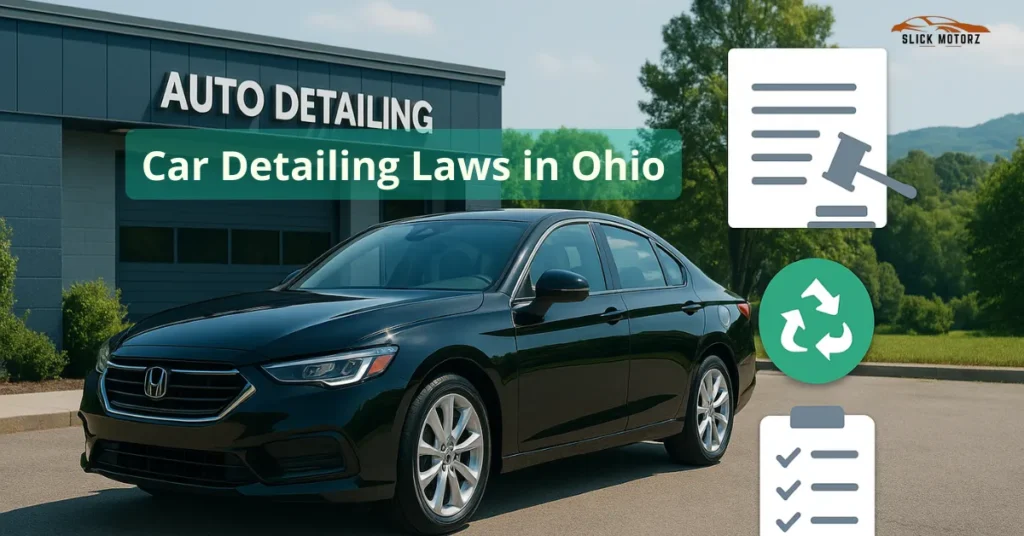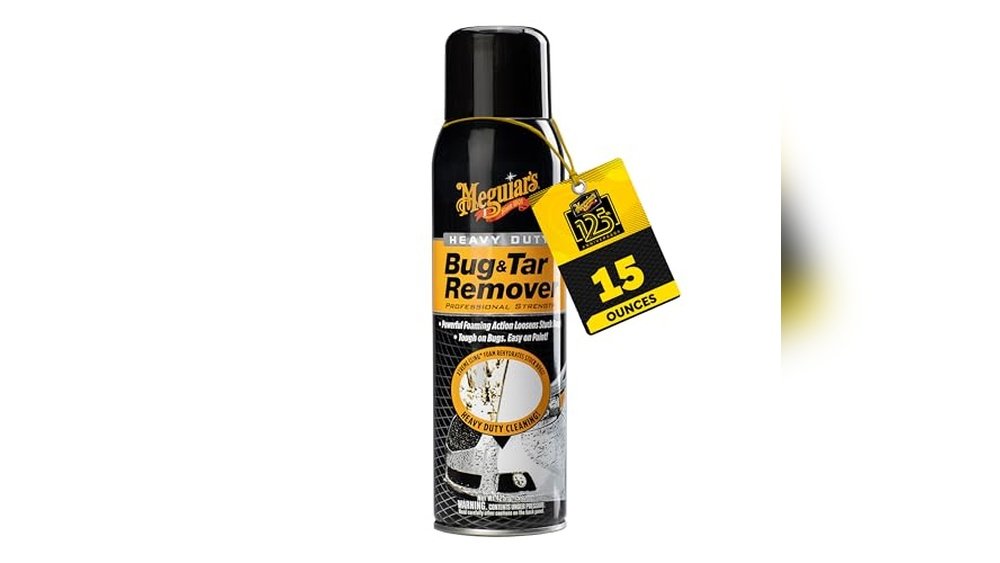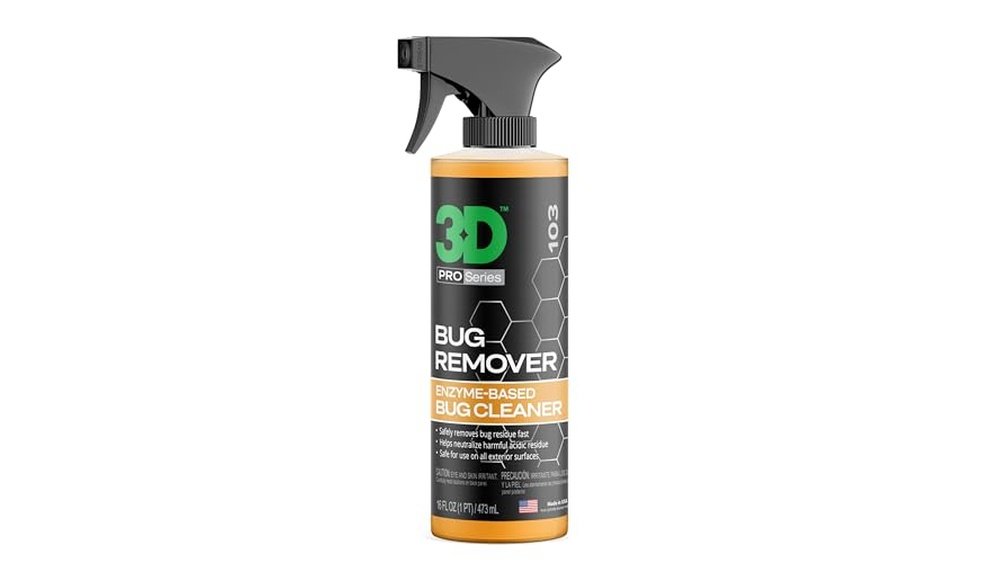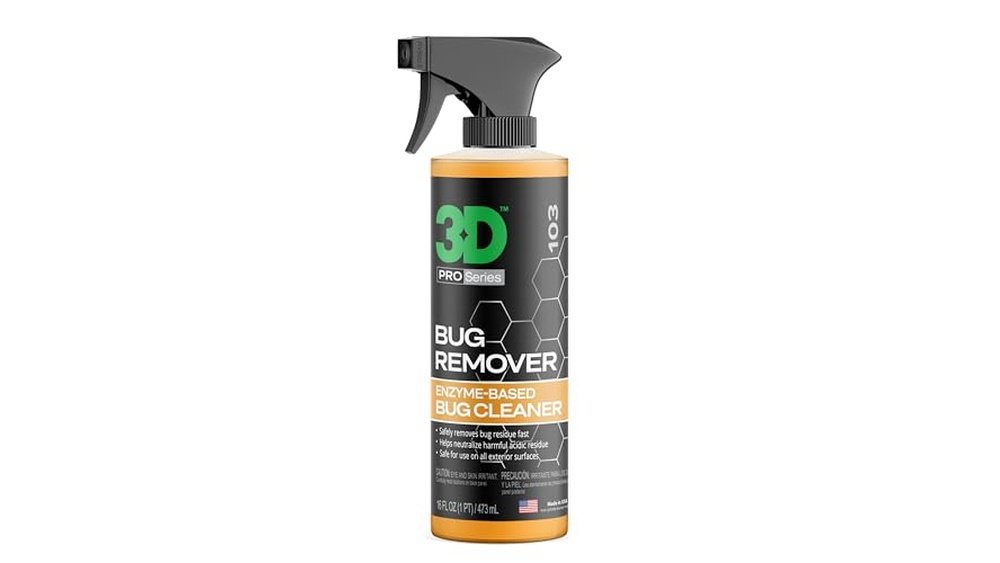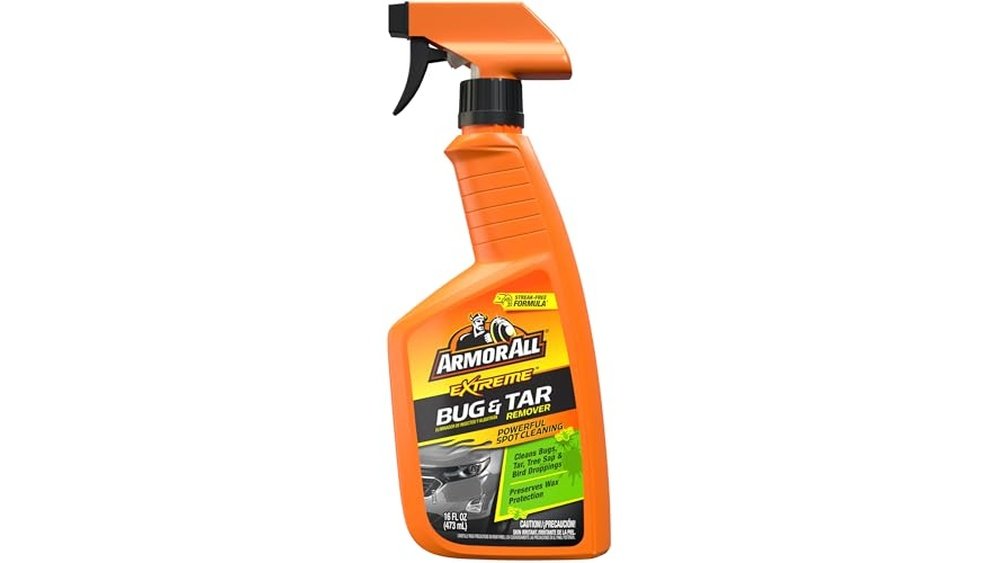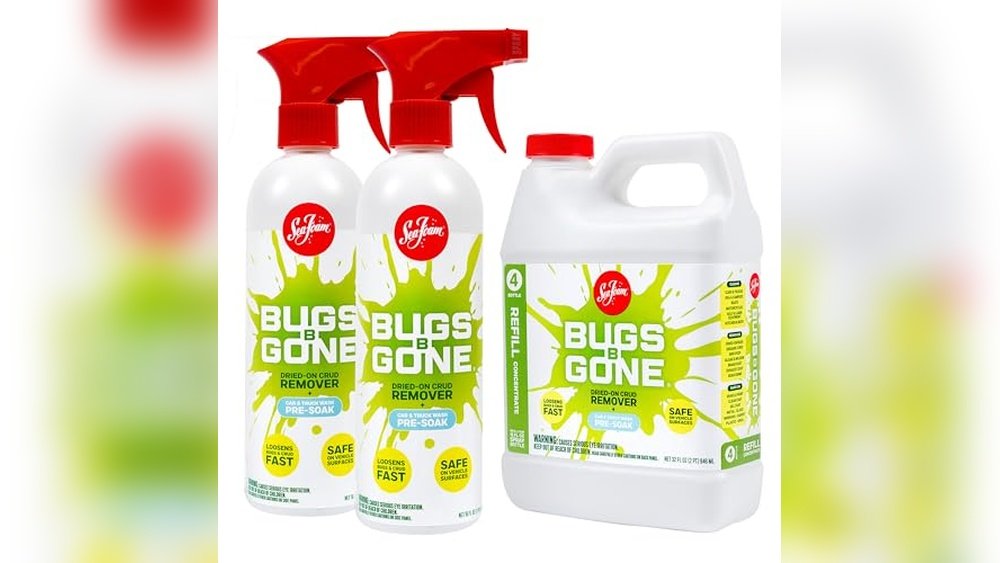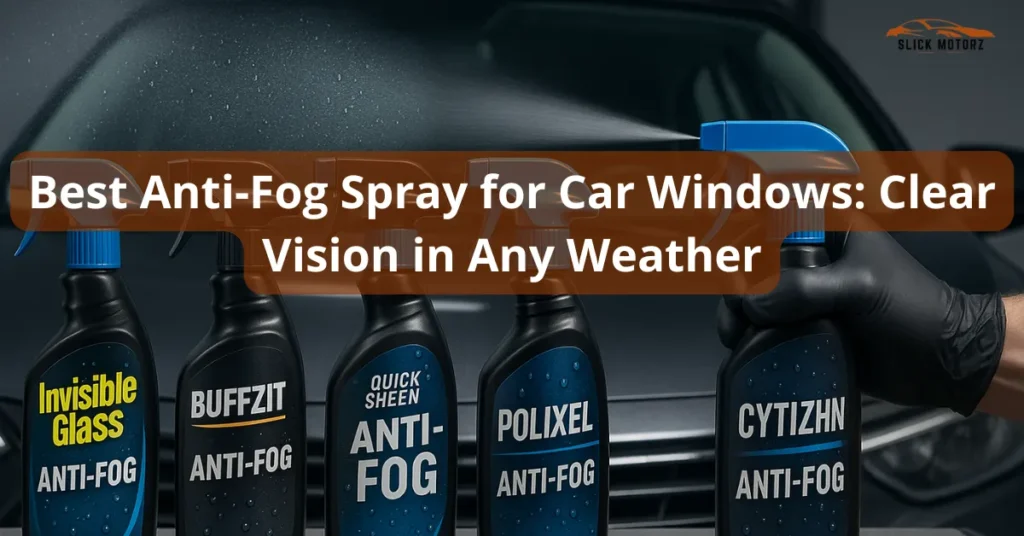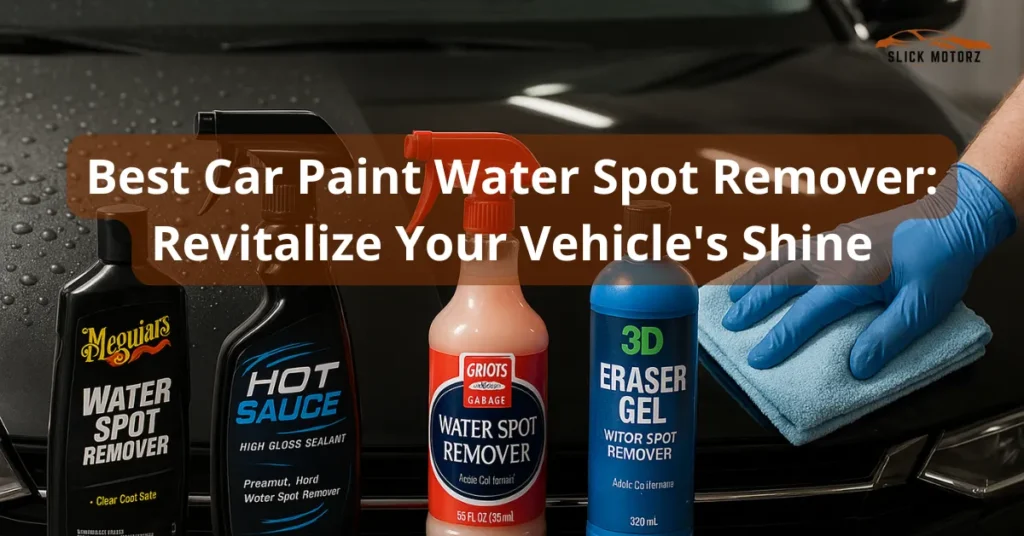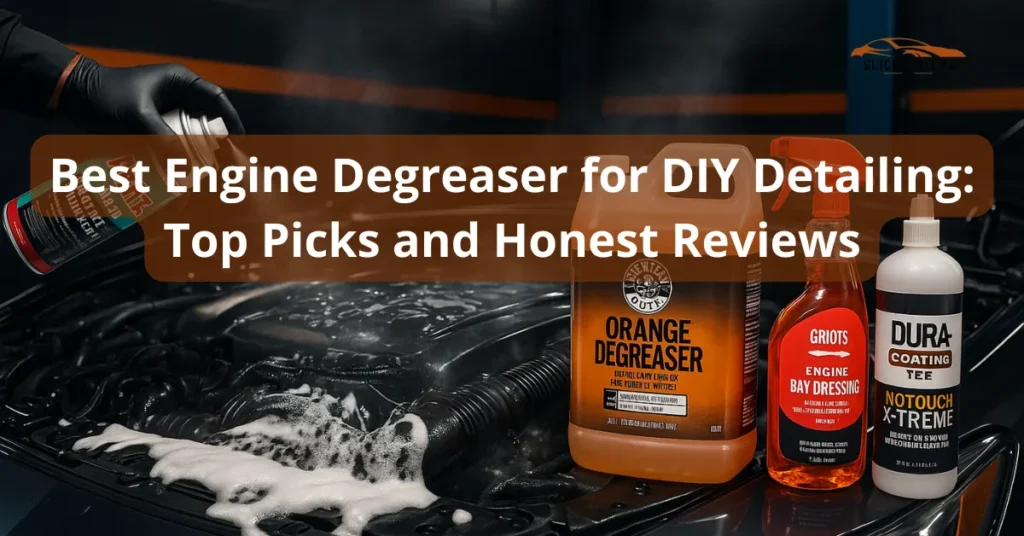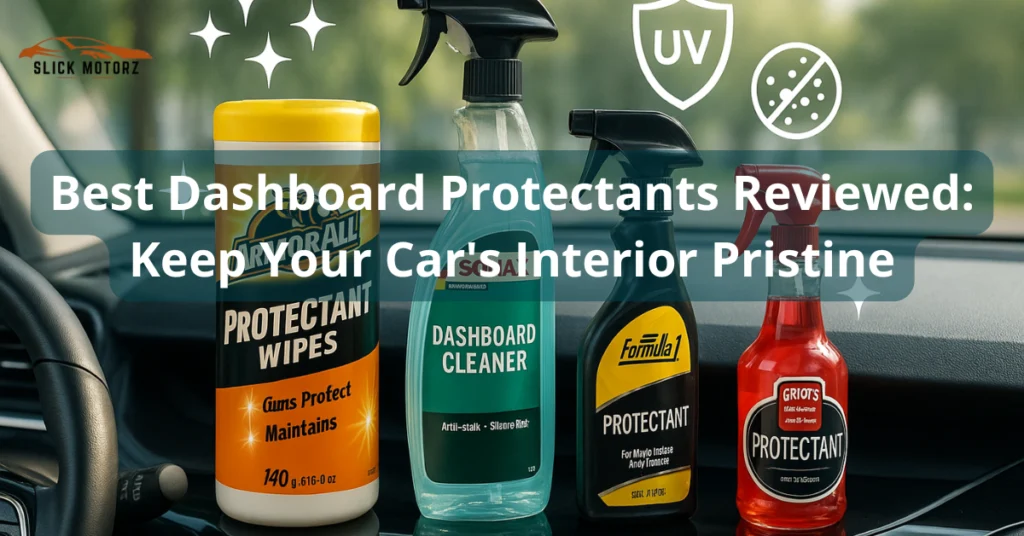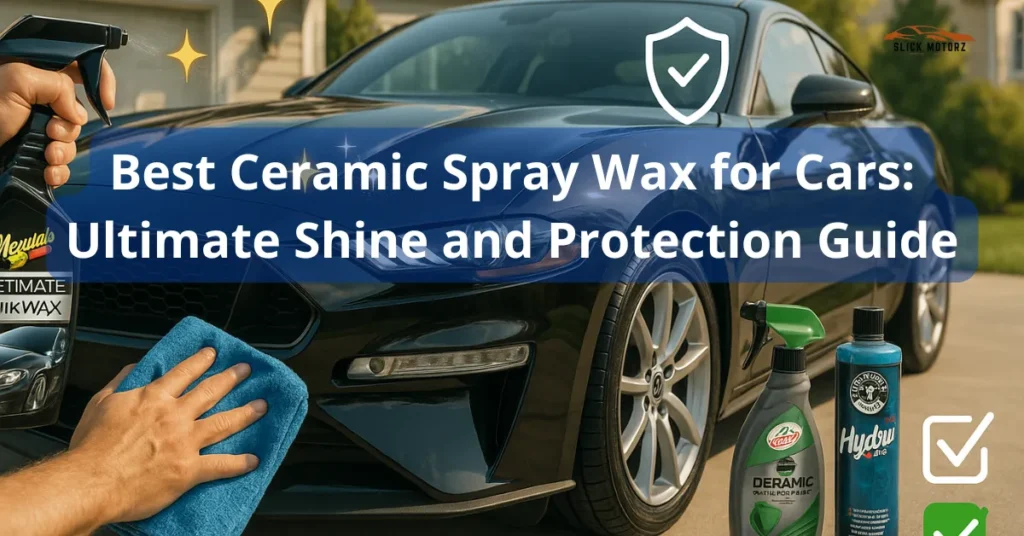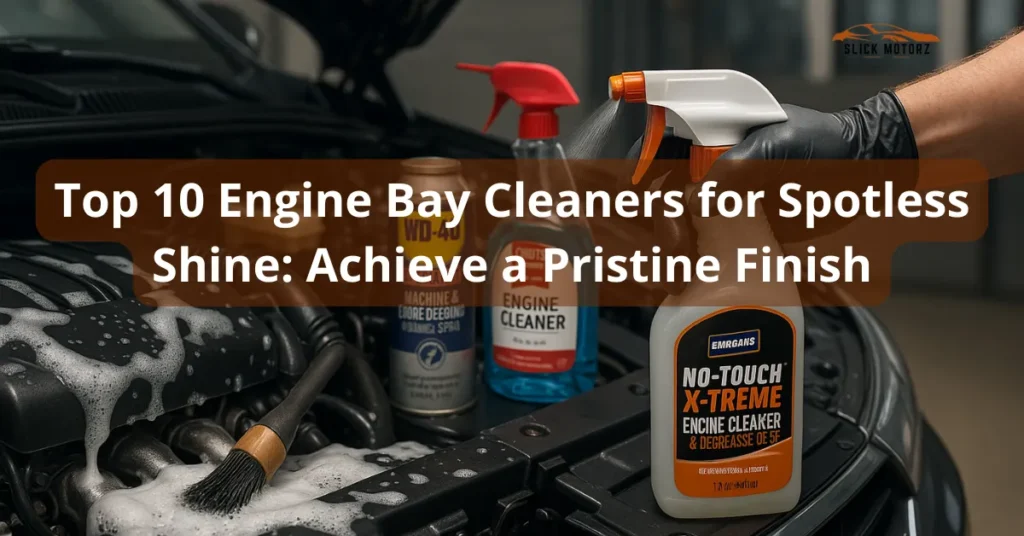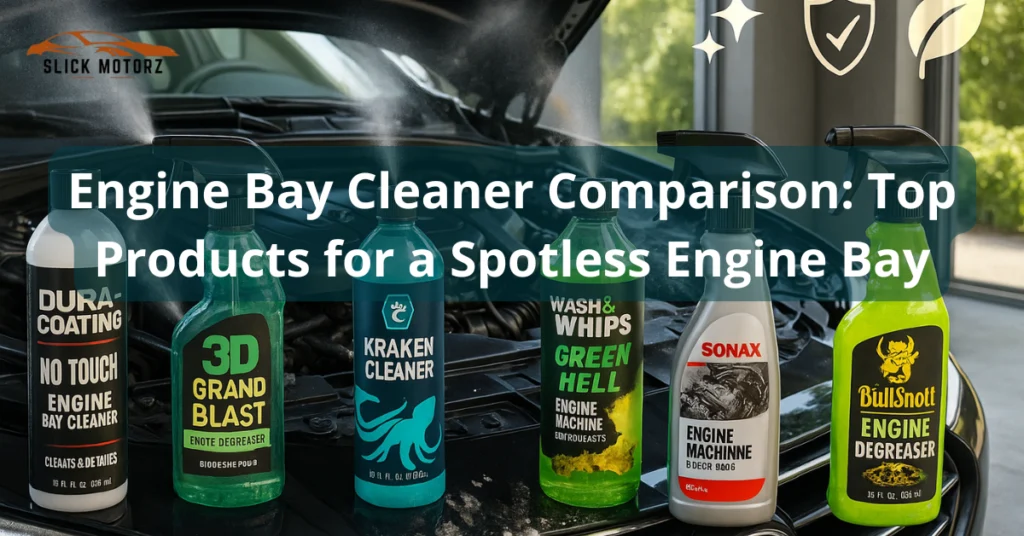Are you thinking about starting your own car detailing business in Ohio? Or maybe you’re just curious about the rules that govern this thriving industry.
Either way, understanding the car detailing laws in Ohio is crucial for anyone looking to stay compliant and avoid unnecessary fines. Imagine being able to focus on what you love – transforming vehicles into spotless masterpieces – without the constant worry of legal issues.
I wrote this article to guide you through the essentials of Ohio’s car detailing regulations, giving you the confidence and peace of mind to operate your business smoothly. Continue reading to learn how you can ensure your detailing practices comply with the state’s requirements and discover the benefits this knowledge can bring to both your business and your clients.

Credit: www.waterway.com
Legal Framework
Ohio laws regulate car detailing businesses to ensure quality services and environmental safety. These rules cover waste disposal, water usage, and chemical handling. Compliance helps protect consumer interests and keeps operations eco-friendly.
Understanding the legal framework surrounding car detailing in Ohio is crucial for both business owners and enthusiasts alike. Laws and regulations ensure that the industry operates fairly and safely. They also protect the environment and consumers. Knowing these laws can help you avoid costly fines and maintain a good reputation. So, what are the key legal points you should be aware of?
Licensing Requirements
To legally operate a car detailing business in Ohio, you need the right licenses. This includes a general business license and possibly a sales tax permit. A friend of mine learned this the hard way when he had to shut down his business temporarily to sort out his paperwork. Ensure you have all necessary documentation before opening your doors. Ohio has specific rules to protect the environment from harmful chemicals used in car detailing. Use eco-friendly products to minimize your impact. Are you disposing of waste correctly? Non-compliance can lead to hefty fines and potential harm to local ecosystems. Ohio’s consumer protection laws are in place to ensure fair treatment for customers. You must provide clear terms and conditions, especially regarding pricing and services offered. Ever been caught off guard by a surprise fee? Avoid this pitfall by being transparent with your clients.
Insurance Requirements
Having the right insurance is not just a suggestion; it’s a necessity. Liability insurance can protect your business from potential lawsuits. Imagine a scenario where a client’s car is damaged during service. Would your current insurance cover it? Health and safety standards must be adhered to, ensuring the well-being of both employees and clients. Are you providing adequate training for your staff? Ensuring proper handling of chemicals and equipment can prevent accidents and injuries. By understanding and complying with these legal requirements, you not only safeguard your business but also build trust with your clientele. Each rule serves a purpose, and following them can set you apart as a responsible and reliable service provider in Ohio’s car detailing industry.
Business Licensing
Car detailing businesses in Ohio must adhere to specific laws. Business licensing is a critical aspect of these laws. It ensures that operations are legal and meet state standards.
Types Of Licenses
Ohio requires various licenses for car detailing businesses. The main types include a general business license and a sales tax permit. A general business license allows you to operate legally in the state. A sales tax permit is necessary if you sell products or services. Each license serves a distinct purpose for your business.
Application Process
Applying for a business license in Ohio involves several steps. First, you must register your business name with the state. This step ensures your business identity is protected. Next, fill out the necessary application forms. These forms are usually available on the Ohio Secretary of State’s website. Submission often requires a fee. Ensure you have all required documents before submission. Processing times can vary, so plan accordingly.
Environmental Regulations
Car detailing in Ohio isn’t just about making vehicles shine; it’s about adhering to stringent environmental regulations. These laws ensure that detailing practices do not harm the environment. As a car detailer, you have a responsibility to understand and follow these rules to protect Ohio’s natural resources.
Have you ever thought about where the waste from your detailing jobs goes? Are you conscious of how much water you use during the process?
Let’s dive into the specifics.
Waste Disposal Rules
Ohio mandates strict waste disposal guidelines. As a detailer, you must properly dispose of hazardous materials like cleaning chemicals and oils. They can’t just be tossed away haphazardly.
Consider using eco-friendly products that lessen the need for hazardous waste disposal. This not only helps the environment but can also attract eco-conscious clients.
Is your waste disposal method compliant with Ohio’s regulations? It’s worth checking to avoid hefty fines.
Water Usage Restrictions
Water conservation is crucial in Ohio, and the detailing industry must comply with usage restrictions. Excessive water use is not only wasteful but could also lead to penalties.
Implementing water-saving techniques, such as using steam cleaning or waterless products, can reduce your environmental impact. These methods can be just as effective as traditional ones.
Have you ever tried these techniques? They might save you money while also conserving water.
Understanding and adhering to Ohio’s environmental regulations isn’t just about following the law; it’s about being a responsible business owner. By embracing eco-friendly practices, you not only protect the environment but also set your business apart. Are you ready to make a positive change?
Health And Safety Standards
In the world of car detailing, Ohio has set specific health and safety standards to ensure that both employees and customers are protected. These standards aren’t just bureaucratic red tape; they’re essential guidelines that keep the car detailing environment safe and efficient. Whether you’re running a detailing business or considering hiring one, understanding these standards can make a significant difference in the quality and safety of service.
Employee Safety Measures
Employee safety is a top priority in Ohio’s car detailing laws. As an employer, you must provide adequate training about handling chemicals and equipment safely. Consider this: a friend of mine, who runs a detailing shop, once shared how a simple safety briefing reduced workplace incidents dramatically.
You’re also required to offer protective gear like gloves and masks. This might sound tedious, but think about how these small measures can prevent accidents and health issues. Would you prefer a business that skips safety or one that invests in it?
Equipment Requirements
Ohio laws specify the types of equipment that must be used in car detailing. Using the right tools not only ensures safety but also boosts efficiency. Imagine you’re using outdated equipment; the risk of malfunction increases, affecting both the service quality and safety.
Regular maintenance checks are necessary to keep equipment in top shape. A well-maintained machine runs smoothly and reduces the risk of accidents. You wouldn’t want to compromise on safety by neglecting this, right?
These standards might seem rigorous, but they are crucial for a safe and professional car detailing experience. So, next time you think about car detailing, consider how these health and safety standards can impact your choice.
Consumer Protection Laws
Understanding consumer protection laws in Ohio is crucial for anyone considering car detailing services. These laws are designed to safeguard your interests, ensuring that you receive quality service without any hidden surprises. Whether you’re a seasoned car enthusiast or a first-time customer, knowing your rights can make all the difference in your car detailing experience.
Service Warranties
Imagine getting your car detailed, only to find the polish fading within a week. Service warranties are your safety net against such disappointments. They promise a certain level of service quality, often guaranteeing repairs or redos if the service fails to meet expectations.
Always check if your car detailer offers a warranty. This can save you from unnecessary expenses and stress. Have you ever wondered why some detailers offer longer warranties than others? It’s usually a sign of their confidence in their service quality.
Pricing Transparency
Pricing transparency is a cornerstone of consumer protection laws. It ensures that what you see is what you pay. No hidden fees, no surprise charges. Have you ever been quoted one price, only to pay another? This is where transparency matters.
Look for detailers who offer clear, upfront pricing. A detailed breakdown of costs can help you budget effectively and avoid financial surprises. Next time you book a detailing service, ask for a written quote. How confident are you that the service matches the cost?
Knowing your rights empowers you to make informed decisions. Whether it’s a warranty issue or a pricing concern, these protections are there for you. Take advantage of them and ensure your car detailing experience is smooth and satisfying.
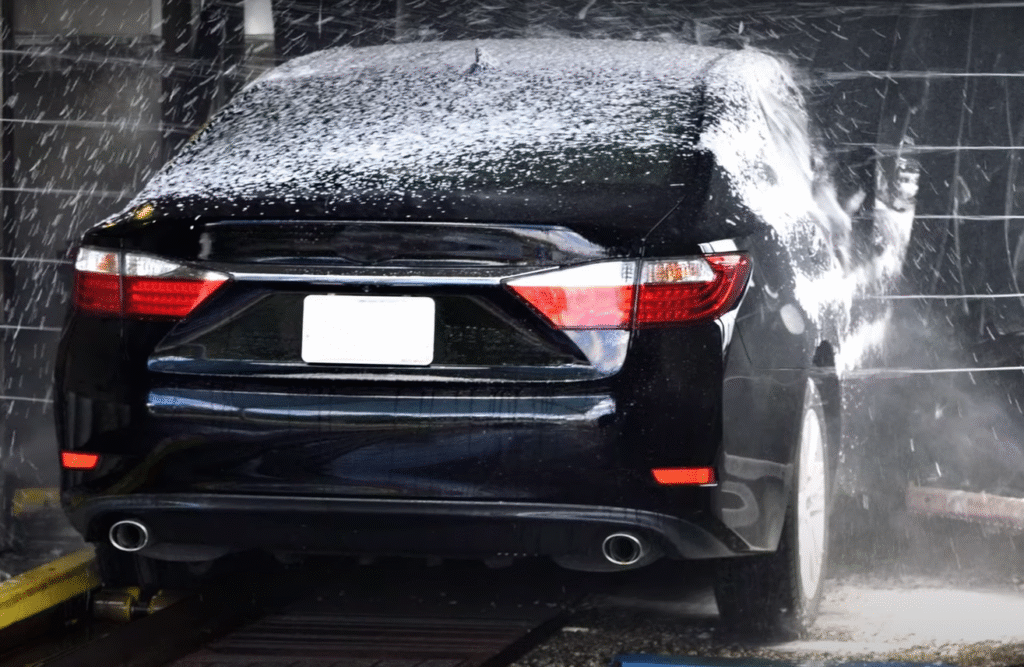
Credit: www.youtube.com
Zoning And Location Restrictions
Ohio’s car detailing laws enforce zoning and location restrictions. Businesses must operate in designated areas to ensure compliance. These rules help maintain community standards and environmental safety.
Navigating the world of car detailing in Ohio involves more than just a passion for cars. Understanding zoning and location restrictions is crucial for setting up shop. These regulations dictate where you can operate, ensuring businesses blend seamlessly within the community. Adhering to these rules not only keeps you compliant but also helps you avoid hefty fines or potential shutdowns.
Permissible Areas
In Ohio, zoning laws specify where car detailing businesses can be located. These areas are often categorized as commercial or industrial zones. Before you decide on a location, check the zoning map of your city or town. Local governments often provide online tools to help you determine permissible areas. It’s a good idea to consult with a zoning officer if you have any doubts. This step can save you from future legal headaches. Imagine setting up your dream detailing shop only to find out it’s in a restricted zone. It’s better to invest time upfront in research than face the disappointment and financial loss later.
Local Ordinances
Local ordinances in Ohio can vary significantly from one municipality to another. These rules might include restrictions on operating hours, noise levels, and waste disposal. Being well-versed in these can prevent conflicts with local authorities. For example, some cities may require specific permits for water usage or chemical disposal. Understanding these requirements ensures that your business operations run smoothly. Have you ever considered how local laws might affect your business growth? Complying with ordinances isn’t just about avoiding penalties; it’s about building a positive reputation in your community. Following the rules can set you apart as a responsible business owner who values community standards. Taking the time to understand these zoning and local regulations can pave the way for a successful car detailing business in Ohio. What steps will you take to ensure your business adheres to local laws?
Compliance And Penalties
Car detailing businesses in Ohio must adhere to state regulations. Compliance ensures smooth operations and avoids legal issues. Understanding potential penalties is crucial for business owners. Ignoring laws can lead to severe consequences.
Common Violations
Many businesses overlook environmental regulations. Waste disposal is often neglected. This leads to pollution and hefty fines. Water usage rules are frequently violated. Excessive water can harm local resources. Failure to meet safety standards is another issue. This puts employees at risk. Ignoring licensing requirements is common. Operating without a license can shut down operations.
Fines And Penalties
Violating laws can result in fines. These fines vary based on the violation. Environmental breaches often incur high costs. Safety violations also come with penalties. These can affect business finances. Unlicensed operations may lead to business closure. This disrupts services and profits. Repeat offenders face increased penalties. This highlights the importance of compliance.
Resources For Business Owners
Running a car detailing business in Ohio requires understanding the laws and regulations. It’s crucial to know where to find trustworthy information. Business owners can access various resources to stay informed. These resources help navigate legal requirements effectively. Here, we explore essential resources available to business owners in Ohio.
Government Agencies
Ohio’s Environmental Protection Agency (EPA) is a key resource. It offers guidance on environmental regulations for car detailing businesses. The agency provides information on waste management and water use. Business owners can also visit the Ohio Department of Transportation. This department gives insight into transportation and safety laws. Regular updates from these agencies ensure compliance. Staying informed helps avoid fines and legal issues.
Industry Associations
Joining industry associations offers many benefits. The International Detailing Association (IDA) is a valuable resource. It provides industry standards and best practices. Members access training and certification programs. These programs help maintain high service quality. Networking opportunities with other professionals are also available. Local business groups can also offer support. They provide insights specific to Ohio’s market conditions. Engaging with these associations keeps business owners updated.

Credit: detaildmobile.com
Frequently Asked Questions
What Are Ohio Car Detailing Regulations?
Ohio does not have specific regulations for car detailing businesses. However, they must comply with general business laws. This includes obtaining necessary permits, following environmental regulations, and adhering to health and safety standards. It’s essential to check with local authorities for any city-specific requirements.
Do I Need A License For Car Detailing In Ohio?
In Ohio, car detailing businesses don’t require a specific license. However, a general business license is necessary. Depending on the location, additional permits might be required. Always check with local government offices to ensure compliance with all legal obligations.
Are There Environmental Rules For Detailing Cars?
Yes, Ohio car detailing businesses must adhere to environmental regulations. This includes proper disposal of waste and chemicals. Compliance with water runoff and pollution prevention measures is essential. Regular checks ensure that businesses follow these guidelines to protect the environment.
Can I Detail Cars At Home In Ohio?
Home-based car detailing is possible in Ohio, but zoning laws apply. Check local zoning regulations to ensure your business is legally compliant. You may need a home occupation permit. Always consult with local authorities to avoid potential legal issues.
Download Car Detailing Legal Compliance Checklist (2025 Edition)
Conclusion
Understanding Ohio’s car detailing laws is crucial for business compliance. Follow the rules to avoid penalties. Ensure your detailing services meet state standards. This protects both your business and customers. Regularly review legal updates to stay informed. Knowledge of these laws builds trust with clients.
It also enhances your business reputation. Staying compliant can lead to long-term success. Customers appreciate businesses that follow the law. It shows responsibility and professionalism. Always prioritize legal requirements in your operations. Adhering to these laws benefits everyone involved. Keep your business thriving by respecting Ohio’s regulations.
Check out our other articles, Car Detailing Laws by State, here >>

